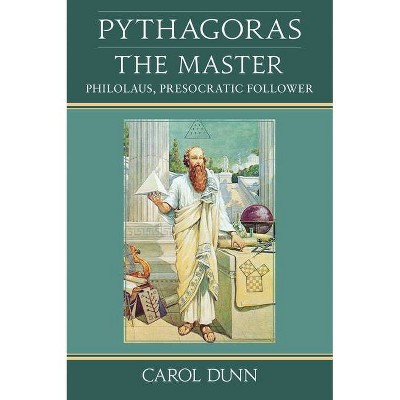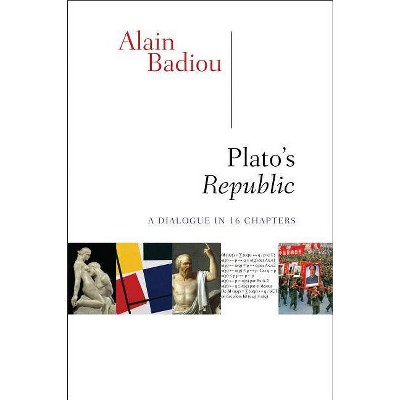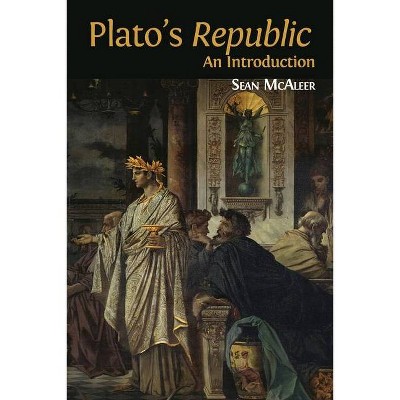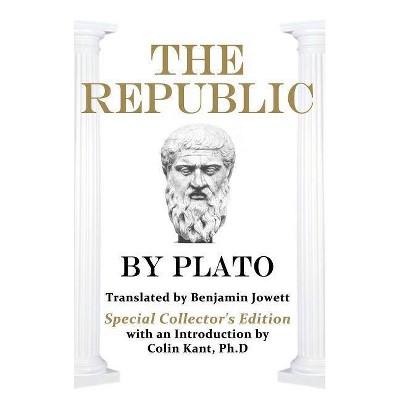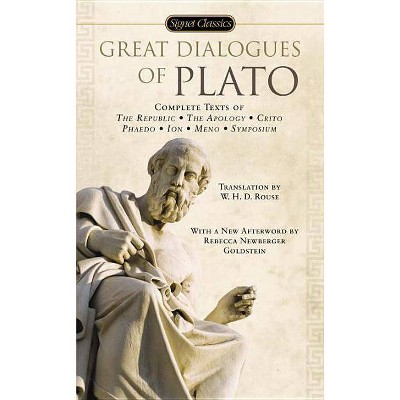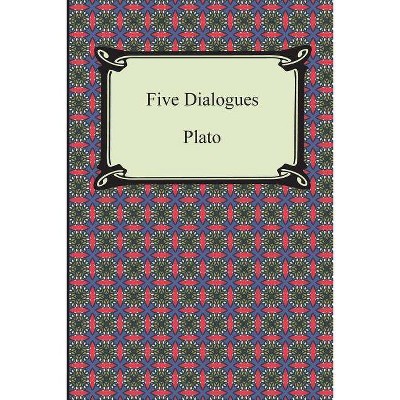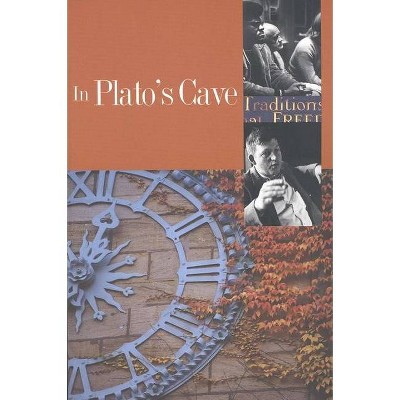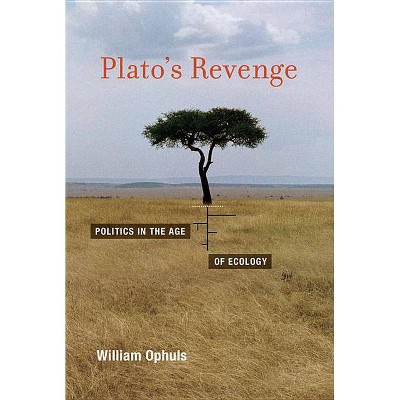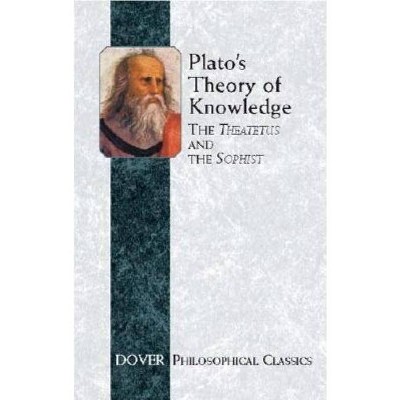Plato's Dialogues - by Carol Dunn (Paperback)
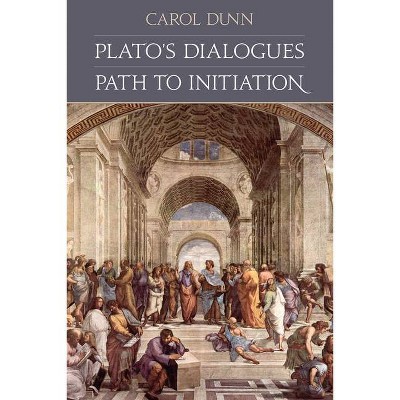
Similar Products
Products of same category from the store
AllProduct info
<p/><br></br><p><b> About the Book </b></p></br></br>The author makes the case that Plato is engaged not only in thinking but also, and more important, in doing--that what we do with the knowledge is crucial, because it can determine the meaning and purpose of our own life. She saw that he was not merely engaging in rational philosophical discussion, but that the dialogues of Plato, especially up to the Republic, embody the Socratic exhortation for each individual to "take care for the soul." The dialogues therefore embody both a rational philosophy and a system of spiritual/religious principles and doctrines whose purpose is to lay out--in a public forumthe path a true disciple needs to take to have a personal and direct experience of spiritual illumination, or enlightenment.<p/><br></br><p><b> Book Synopsis </b></p></br></br><p>For millennia, hundreds of books have been written on Plato's dialogues and philosophy. In this book, Carol Dunn makes the case that the major modern scholars interpret Plato with an overwhelming focus on understanding the <i>rational</i> content of the dialogues, but omit or neglect the project of their <i>purpose.</i> Once they have mined the individual dialogues for their meaning, they neglect to share what readers can or should do with the knowledge gained from their investigations.</p> <p>The author makes the case that Plato is engaged not only in thinking but also, and more important, in <i>doing</i>--that <i>what we do</i> with the knowledge is crucial, because it can determine the meaning and purpose of our own life. She saw that he was not merely engaging in rational philosophical discussion, but that the dialogues of Plato, especially up to the <i>Republic, </i> embody the Socratic exhortation for each individual to "take care for the soul." The dialogues therefore embody both a rational philosophy and a system of spiritual/religious principles and doctrines whose purpose is to lay out--in a public forum--the path a true disciple needs to take to have a personal and direct experience of spiritual illumination, or enlightenment.</p> <p>This book is not just for scholars of Plato's philosophy, but for anyone who wishes to penetrate an ancient, though largely overlooked, path to initiation.</p> <p><strong>C O N T E N T S</strong> </p> <p>Introduction</p> <p><strong>PART ONE</strong><br />The First Stage: Definition of the Virtues<br />The Second Stage: Higher Spiritual Teachings<br />The Third Stage: Mystic Teachings<br />The Republic<br />Transcendence and Immanence</p> <p><strong>PART TWO</strong><br />Plato and Pythagoras<br />Commentary: Two-Principle Theory<br />Was Number Immanent for Pythagoras?<br />Comparison of Plato and Pythagoras</p> <p><strong>PART THREE</strong><br />Tracing the Source of those "Foreign" Doctrines</p> <p>Conclusions</p>
Price History
Cheapest price in the interval: 25 on November 8, 2021
Most expensive price in the interval: 25 on December 20, 2021
Price Archive shows prices from various stores, lets you see history and find the cheapest. There is no actual sale on the website. For all support, inquiry and suggestion messages communication@pricearchive.us
